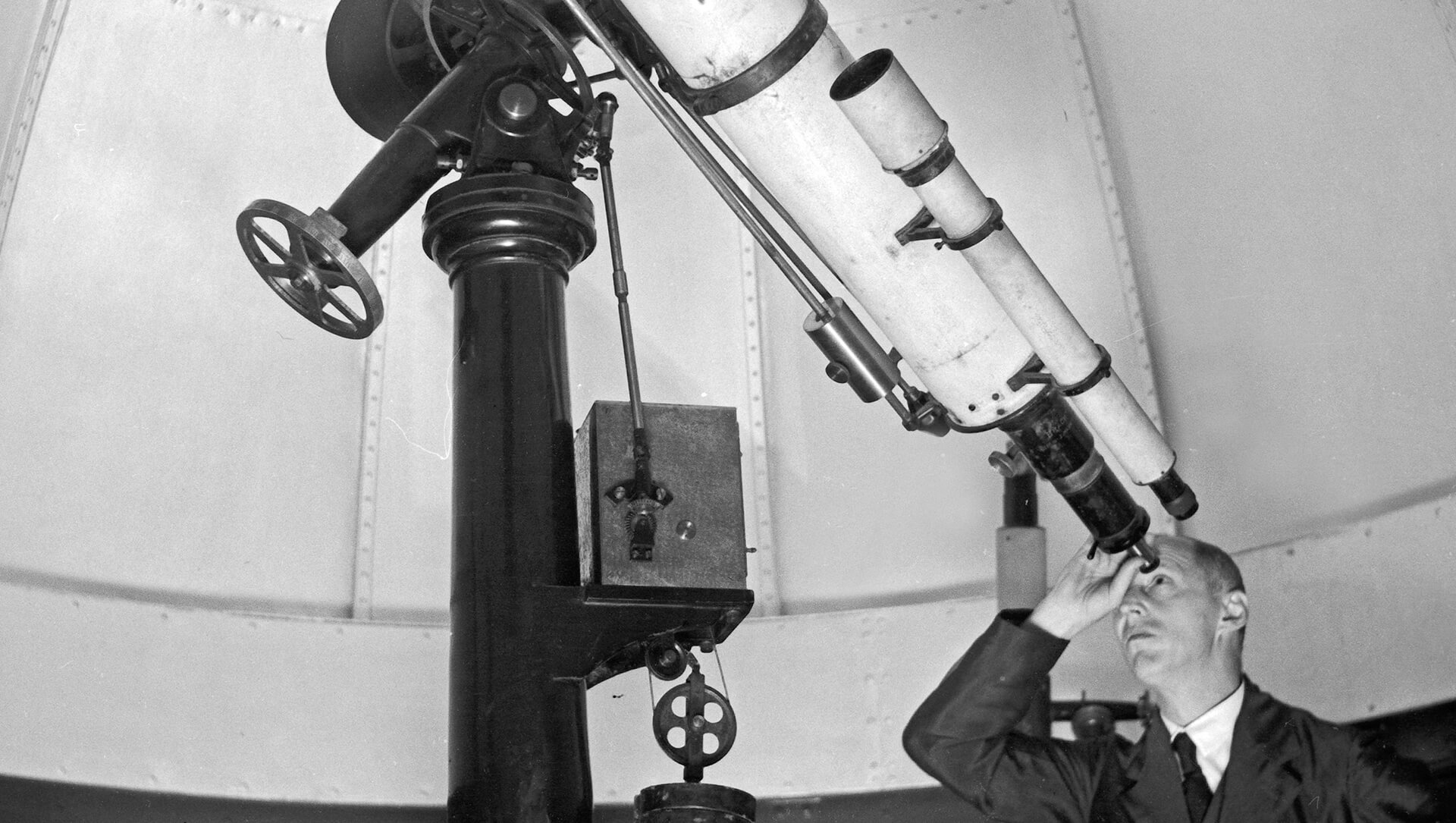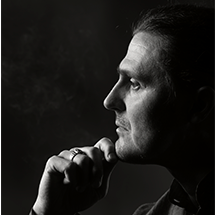Continued from chapter IV. Objectivity or Subjectivity?
The contradiction between the subjective worldview, when the measure is inside the researcher, and the objective, in which the measurement standard is represented by an external object, clearly indicates an imbalance, an inconsistency of the situation. The objective worldview blames the subjective one for bias, the latter reproaches the former for being dissatisfied with the knowledge of the observer itself.
All knowledge about life is embedded in the experience of how subjectivity turns into objectivity, and, conversely, objectivity — into subjectivity.
If we begin to distinguish between the three planes of reality in which the human essence can indwell, from the highest subtle to the external material one, it becomes obvious that subjectivity and objectivity do not necessarily have to contradict each other. They are quite capable of representing the entire universal range of our possibilities for knowledge and development.
Distinguishing both worldviews and giving them a definition, we may fail to notice the existence of the observer himself, who ascertains them. If within us there is an observer capable of acknowledging both materialistic and idealistic approaches, then we are talking about the observer who is above and outside these two worldviews. He is not a participant of the outer plane of reality, who simply serves the machines. He is also not a dweller of the inner plane of reality, who evaluates everything in relation to his “self” and therefore is constantly under the influence of emotions and distortions. He is an observer of a higher plane, who could already be called not an observer, but simply pure Reason, whose measures and standards are the highest sources of Light, or eternal meanings.
A genuine worldview implies taking into account both principles — Light and Darkness — as well as the researcher himself, no longer as an observer, but as a pure Reason apprehending this worldview.
Thus, let us become firmly established in the understanding that each of us is simultaneously an Individual, an Observer and a pure Reason, as an inhabitant of different planes of realities — outer, inner and higher one. A human being in his individual form or as humanity as a whole is a witness to outer, objective reality. The observer is a witness to the inner, subjective reality. Pure Reason is a witness to the higher, true reality, where eternal truths reside.
To be united in pure Reason is the task of all scientists in the world. However, it is important in what ways the movement towards it occurs — natural for human nature or artificial, mechanistic, introduced from the outside.
Pure Reason, which distinguishes between two principles — Light and Darkness, is also capable to realize that, by cognizing Darkness, he can be captured by it, which is why he becomes sometimes an Observer, sometimes an Individual, and sometimes a completely unconscious representative of the crowd — an element of a multitude, self-excited by his own pleasure or discontent. But, at the same time, he as a pure Reason, notices that the gripping Darkness also gives him a self-renewing body and experience from the senses, feeding his consciousness, helping him to become more aware and discriminating. And then the understanding comes to him that the Darkness, often uncontrollable and therefore frightening for him, interfering and limiting him, can also become his hands, having mastered which, he will be able to create his own realities. It is just as a baby is frightened by his own hands until he possesses them and puts them at his service as his own instrument.
Image by Max85 from Shutterstock.com

Description of the process of thinking that takes place in the higher plane of reality and is aimed at cognition.

The crisis of the worldview. The need for a clear and holistic worldview that unites religion, science and philosophy. The individual's main choice.

Sources of the worldview and its influence on an individual. The importance of a clear definition of terms. The need to restore culture.
